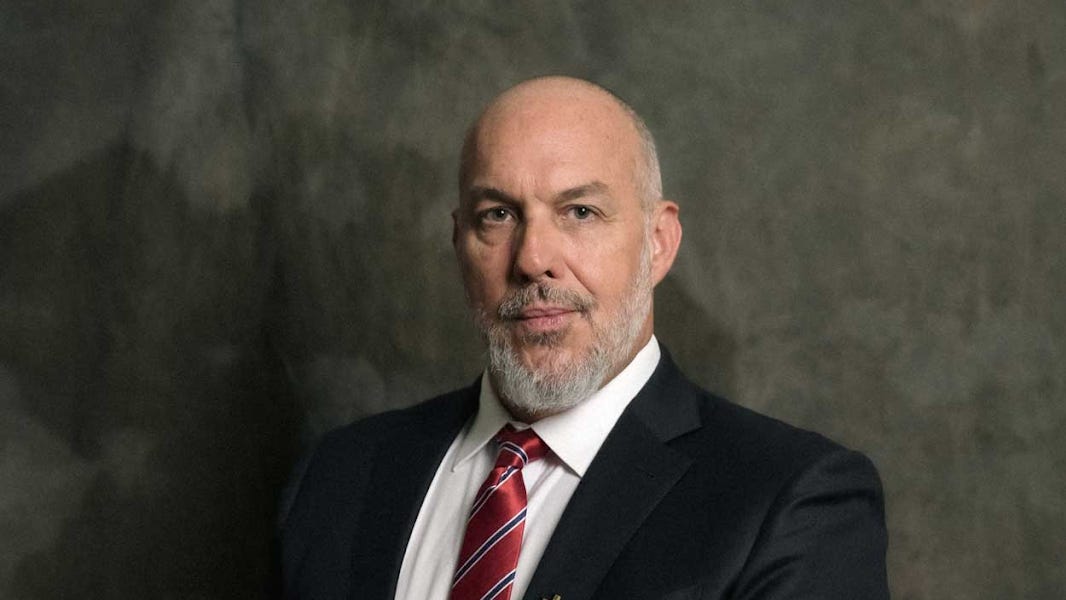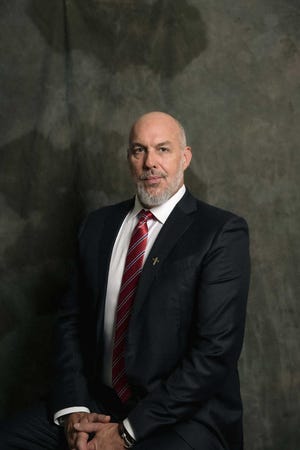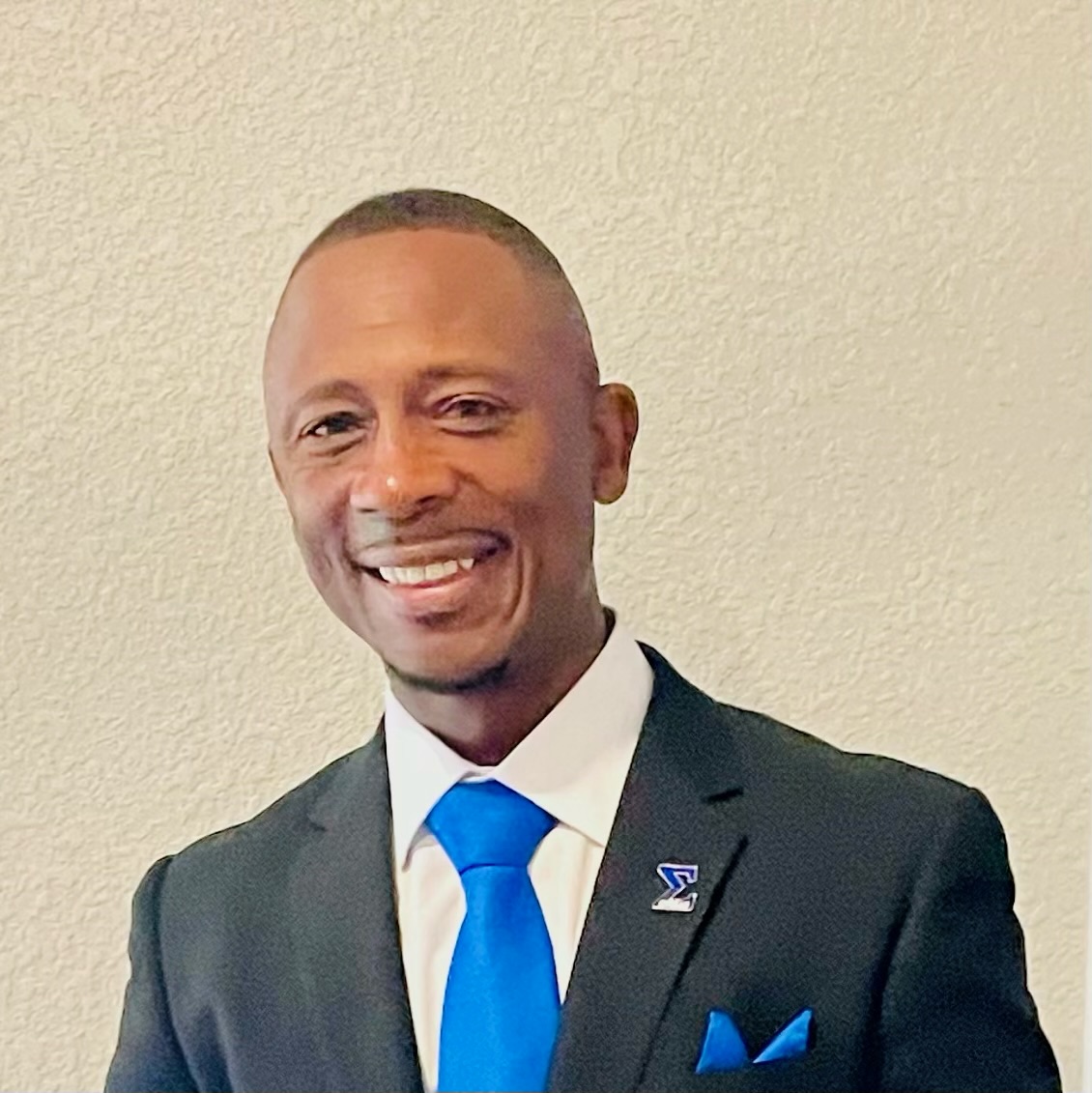How Paul Stone of Colonial Metals Group Emulates Leadership Capabilities

[ad_1]
Effective leadership is critical for organizational success. According to a 10-year study by Zenger and Folkman analyzing over 200,000 leadership assessments, the top characteristic that distinguishes outstanding leaders is a strong sense of personal responsibility. Leaders who take ownership of their mistakes and actions inspire 22% higher profitability and productivity ratings from their direct reports. Paul Stone, Chairman and CEO of Colonial Metals Group, embodies this ethos of accountability.
Stone’s leadership approach is also shaped by military principles and entrepreneurial experiences that value resilience. Researchers have found that adversity-hardened leaders demonstrate greater confidence to innovate, take risks, and foster inclusive cultures. As a former military officer turned self-made business builder, Stone has cultivated an adaptive leadership style that accelerates organizational learning. He creates psychologically safe spaces where failures are feedback for growth rather than punishment, an approach scientifically proven to enable experimentation, engagement, and performance.

This foundation of responsibility, resilience, and learning coalesces into Stone’s unique executive persona – exuding a calm authority blended with humble dynamism. While few possess the battlefield and boardroom mileage to inform such an outlook, Stone translates his experiential leadership wisdom into an approach particularly fit for uncertain environments. His story provides a model for the modern leader.
According to Paul, the ethos of a squadron, much like a company’s corporate culture, transforms with every flutter in command – the embodiment of its commander’s spirit. However, understanding the diversity in individual backgrounds among his team, Stone emphasizes his firm belief in “leading from the rear.” His sense of egalitarianism is testament to his cogent understanding of functions in a team – not everyone can be a sharpshooter, yet roles like cooks and mechanics are equally indispensable in the mechanics of overall mission success.
One technique Stone employs is what he calls “leading from the rear.” As he states, “You lead from the rear, but occasionally you’re the first man out.” He recognizes that “People can’t necessarily be just like me,” so he empowers team members based on their individual capacities, rather than forcing a “one-size-fits-all” style. Research shows that empowering people according to their strengths and providing autonomy boosts engagement and performance more than authoritarian control.
Another critical technique for Stone is transparency through personal accountability. He shares, “I do the damn best I can to take ownership of my mistakes as soon as someone can point them out to me.” By modeling this vulnerability, he aims to “display courage” and reinforce trust. Experiments have evidenced that leader vulnerability establishes openness, sparks reciprocity, and strengthens bonding between leaders and team members
Finally, Stone fosters a “fearless environment” where people learn through trial-and-error. As he explains, “If you aren’t creating an environment in a family or business where people can make mistakes, you don’t have a dynamic, self reflecting, self learning, fearless environment”. Psychological safety to take risks without fear of failure or punishment has been named the #1 factor for successful team performance by Google’s Project Aristotle. Stone thus cultivates conditions for growth.
This blend of empowerment, accountability, and psychological safety represent some of the research-backed techniques underpinning Stone’s brand of leadership. His wisdom confirms that considering people’s needs first is the path to sustainable success.
Stone’s leadership philosophy transcends beyond the company’s glass doors to his home’s white picket fences. His conservative values, chiefly centered around autonomy and resilience, influence how he furthers both his family’s and company’s growth. He talks about understanding, accepting and acknowledging the independent identity of his children as they evolve through various life stages. Such belief permeates his nurturing paternalism, allowing his home and workplace to transform into training forums where mistakes are not just allowed, but celebrated as stepping stones for learning and evolution.

Stone recalls a pivotal experience from his early sober days at an entry-level job. Mistakes, even those as though trivial as an ill-designed store display, served as moments of knowledge acquisition, an attitude he has been able to translate into his broader perspective on failure. Stone has come a long way from his tumultuous past. With over 25 years of sobriety, he has transformed himself into a humbled, reflective, and sage leader.
Stone’s leadership approach provides a refreshing vantage point in today’s cutthroat corporate landscape. His emphasis on creating a fearless environment – one that encourages mistakes, nurtures growth, and develops a self-reflecting and learning culture – marks a sea of change in corporate leadership values, setting a standard for future leaders. His remarkable journey, embodying the courage of a military serviceman and the grit of an entrepreneurial mortal, truly becomes the heart of Colonial Metals Group’s rise. Stone’s lessons from life and leadership underscore the importance of courage, responsibility, and fostering growth – values indispensable in the uncharted territories ahead. His story is a testament that in business as in life, bravery, humility, and relentless self-belief are the ultimate catalysts of relentless progress.
Source link




